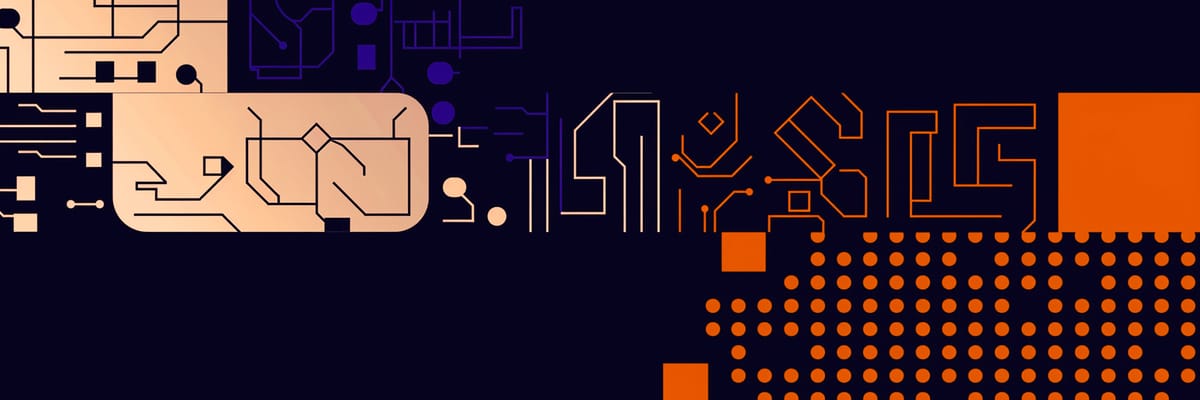
Why engineers need a voice in the roadmap
A great product roadmap balances business goals with technical sustainability. Ignoring engineering input leads to technical debt and bottlenecks that slow growth. In this video, we discuss how SaaS teams can integrate engineering priorities into the roadmap for long-term success.







